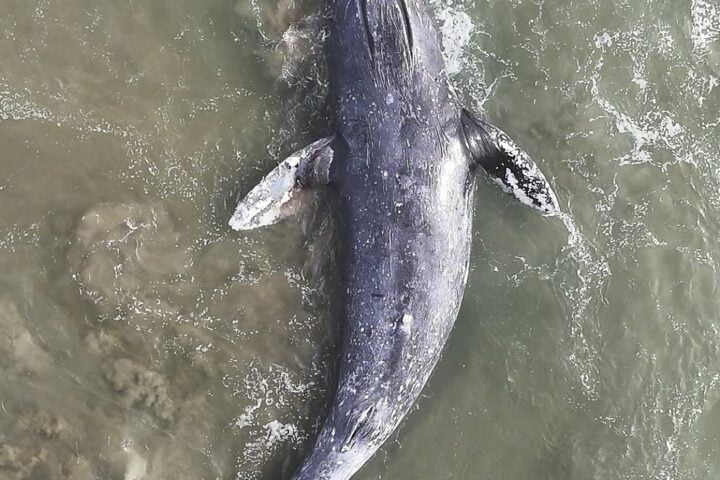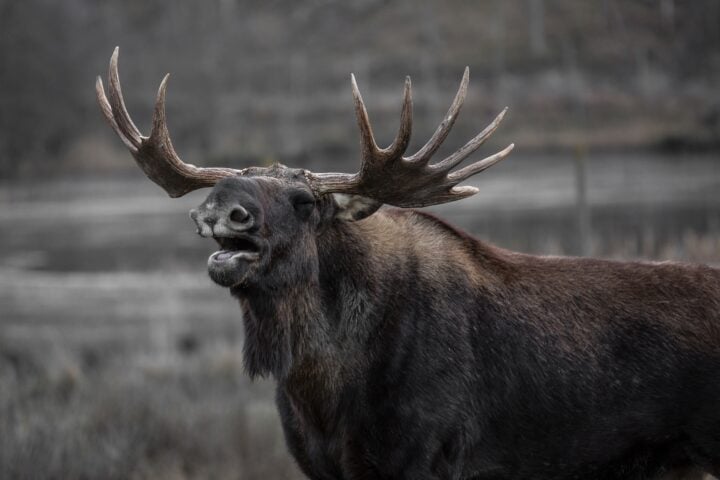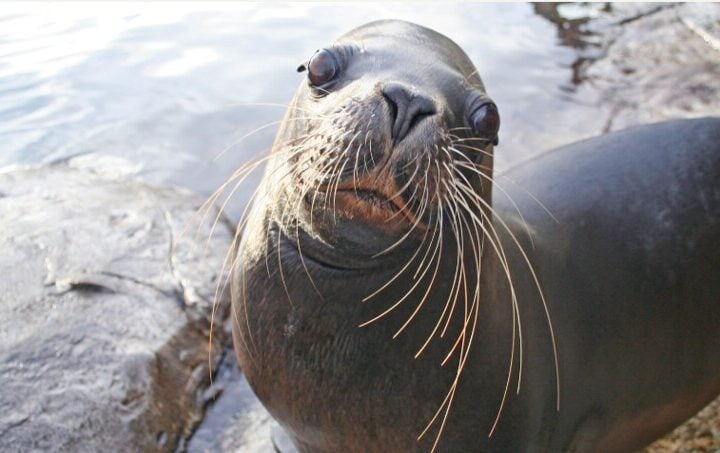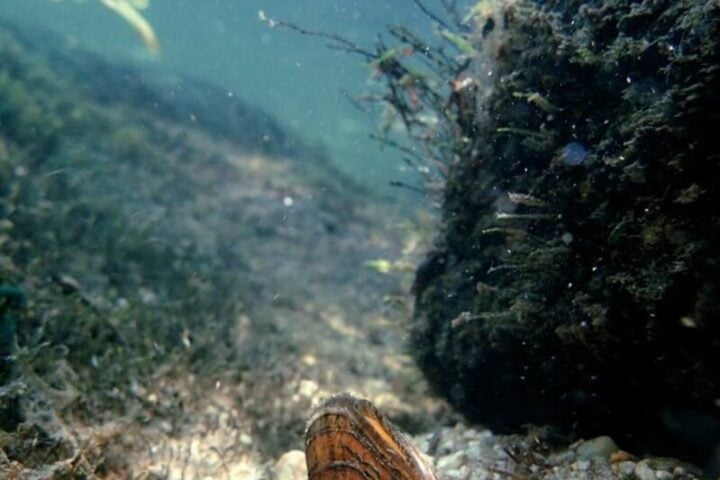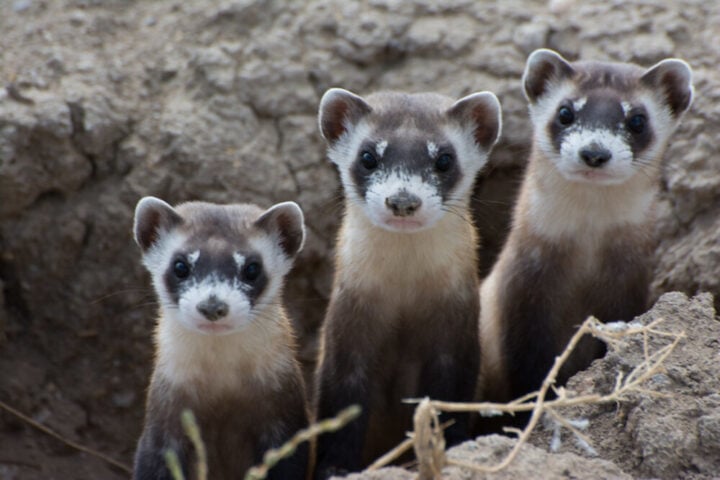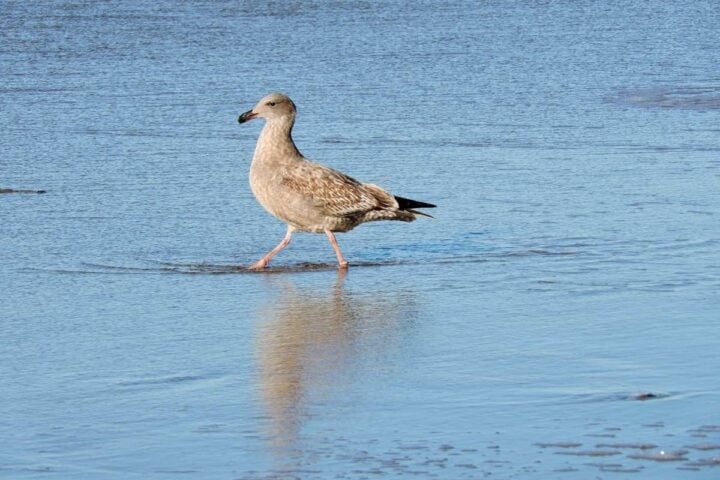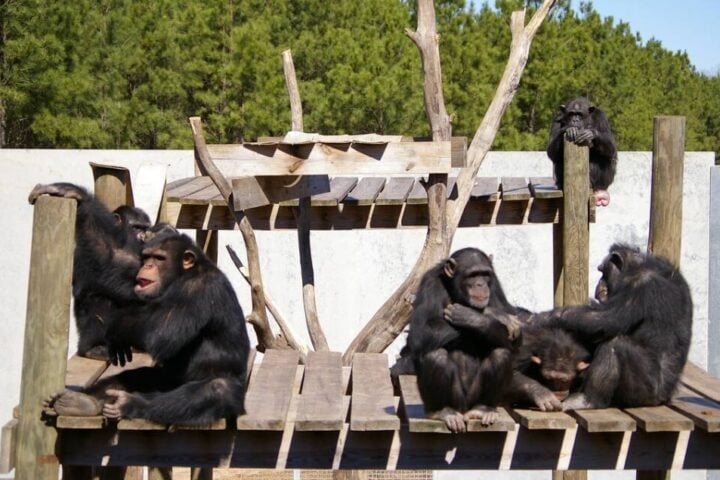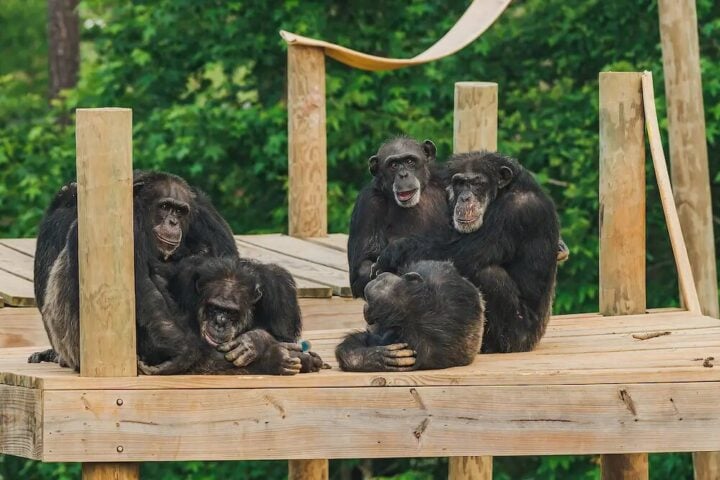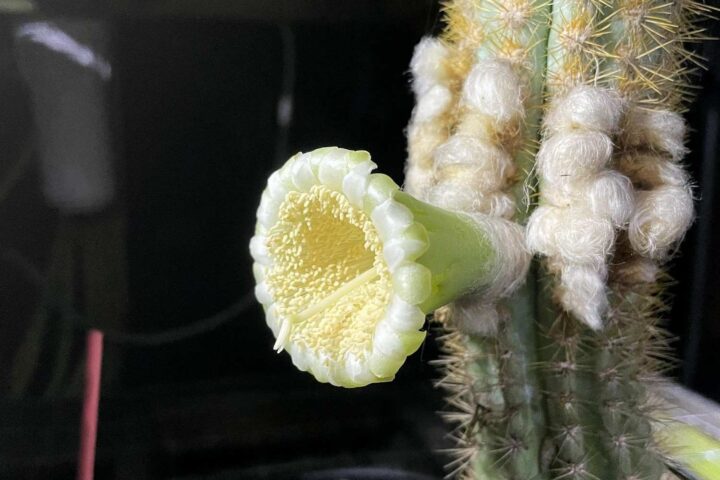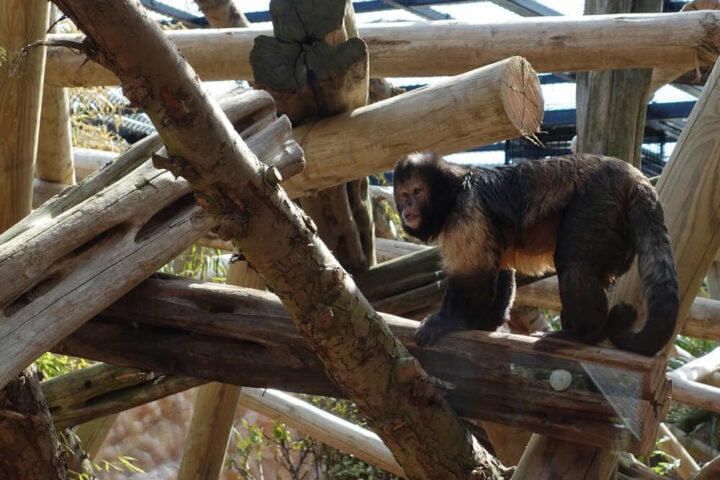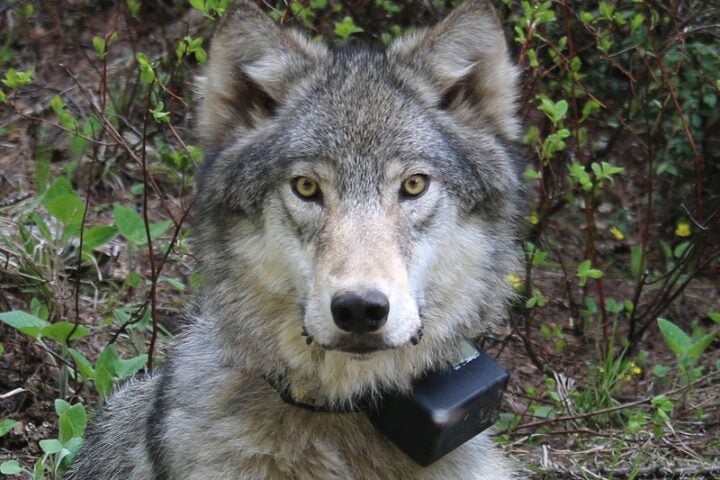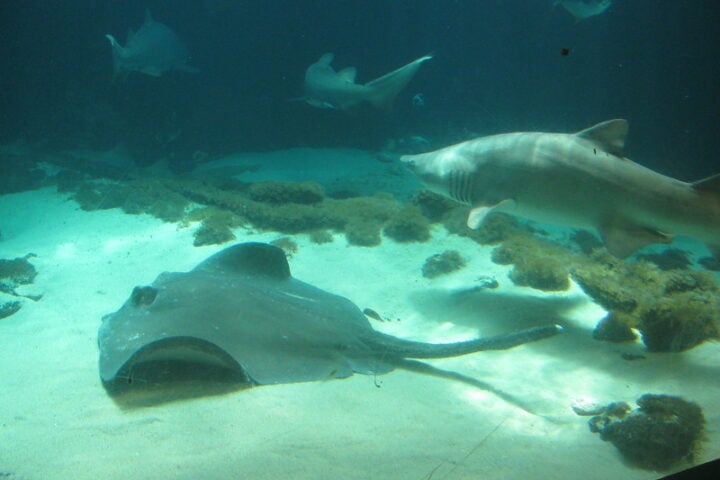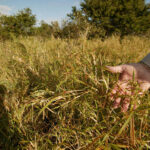According to new research from the University of Exeter, “In a remarkable display of resilience, bumblebees have developed a unique defense mechanism against the predatory Asian hornets, dropping to the ground to shake off their attackers.” Buff-tailed bumblebees have a unique survival strategy when faced with an Asian hornet attack. They drop to the ground, with the hornet still holding on to it. This can make the hornet lose its grip or be forced into a ground fight. This unexpected move often results in the hornet giving up.
Table of Content
Astounding Observations and Ecological Impacts
Researchers from the University of Exeter were amazed to witness more than 120 defensive maneuvers by buff-tailed bumblebees, and noted that every single time, the bees were able to ward off the hornets trying to attack them. This remarkable success rate has left scientists astounded and fascinated by the bees’ ability to defend themselves. Although bumblebees are generally successful in defending themselves against Asian hornets in individual encounters, recent studies show that the presence of high Asian hornet populations in certain regions could negatively impact bumblebee colonies in more complex ways, resulting in stunted growth rates.
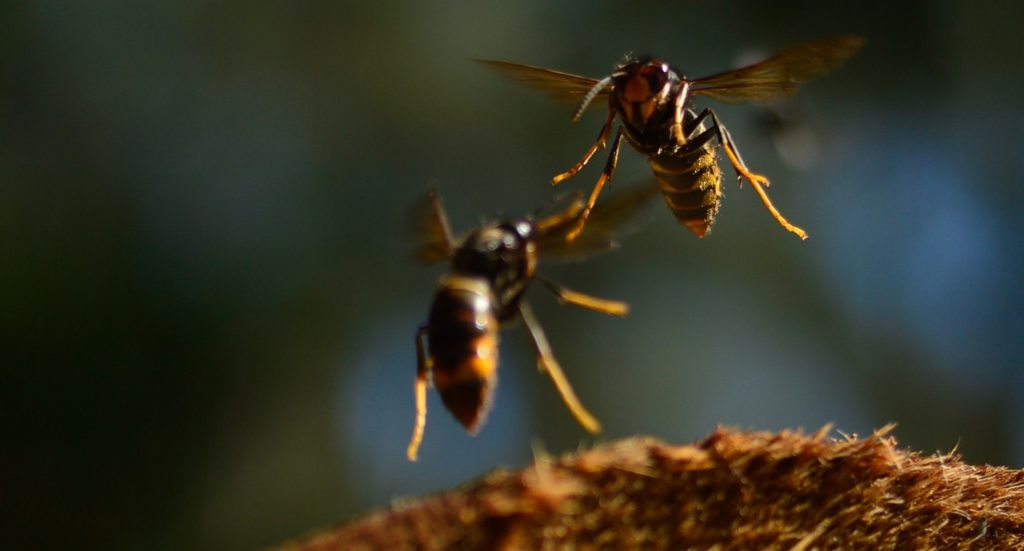
The Spread of Asian Hornets
The Asian hornet, also known as the yellow-legged hornet, has invaded many parts of mainland Europe and east Asia, and was recently spotted in the US for the first time. This year, the UK and continental Europe have seen record levels of sightings, raising concerns for pollinators and prompting efforts to control their spread. While Asian hornets are known to prey on honeybees, little is known about their impact on other pollinators, according to Thomas O’Shea-Wheller of the Environment and Sustainability Institute at Exeter’s Penryn Campus in Cornwall.
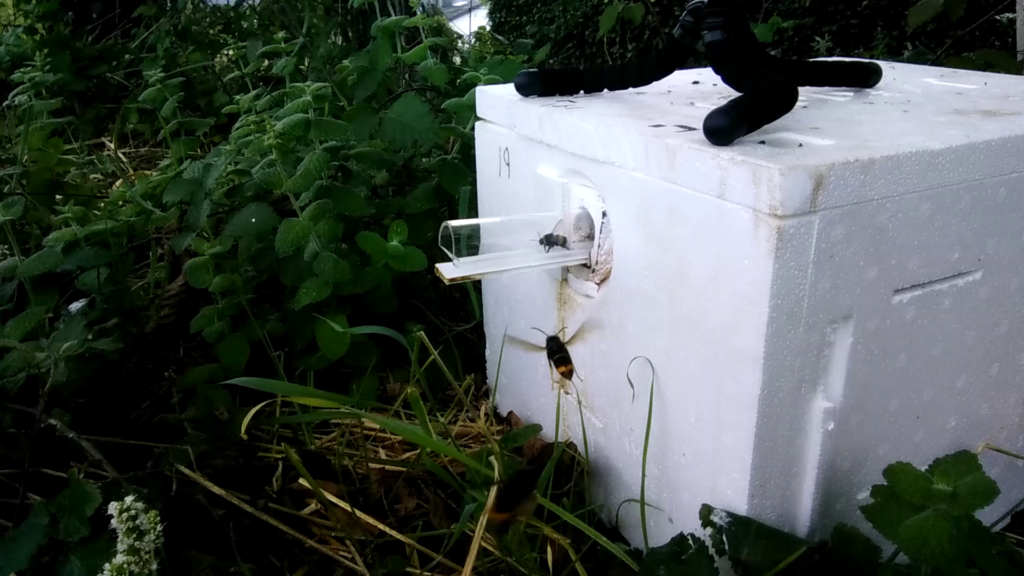
In-Depth Study in Spain
A study was conducted in Pontevedra, Spain, where commercially reared bumblebee colonies were placed at 12 different locations with varying local Asian hornet densities. The colonies were weighed every two days to measure colony growth, and it was observed that those in areas with higher Asian hornet densities grew more slowly. Despite the Asian hornets’ consistent failure in their attempts to attack the bumblebee colonies, the study indicated a negative correlation between the presence of Asian hornets and bumblebee colony growth. This provides a landscape-scale view of the ecological impact of the hornets on bumblebees in the region.
Similar Posts
Speculations and Behavioral Insights
O’Shea-Wheller speculates, “It’s possible an external factor benefits Asian hornets and disadvantages bumblebees, but it’s more likely the hornets’ presence directly affects bumblebee colony success.” In addition to direct attacks, hornets also compete for food, as hornets consume nectar from flowers and potentially harass them at floral resources. Even though hornets have a low success rate during attacks, they still attack bumblebees of all sizes, sometimes attacking bumblebees larger than themselves, as noted by O’Shea-Wheller.
Evolutionary Coincidence and Research Collaboration
Buff-tailed bumblebees, scientifically known as Bombus terrestris, have not co-evolved with the Asian hornets (Vespa velutina). Therefore, their successful defensive strategy against these hornets may be an “evolutionary coincidence,” as suggested by O’Shea-Wheller. The study was conducted by scientists from the University of Exeter, the University of Vigo, and the University of Santiago de Compostela, and was funded by the Biotechnology and Biological Sciences Research Council (BBSRC) and the European Regional Development Fund (ERDF). The research is documented in the paper titled “Quantifying the impact of an invasive hornet on Bombus terrestris colonies,” which was published in the journal Communications Biology.
Threats to Pollinators and Diverse Diets
The Vespa velutina species, which originated from southeast Asia, has become a major threat to pollinators in Europe and Asia, with its impact on honeybees well-documented. This poses a significant threat to pollinators, leading to substantial efforts to control these invasive species. The diet of these hornets is diverse and includes various prey, not just honeybees, which is a cause of concern for at-risk taxa.
Innovative Research Design and Findings
The study aimed to assess the impact of local V. velutina densities on bumblebee colonies. To achieve this, an innovative landscape-scale experimental design was employed, in which colonies were deployed across a gradient of hornet densities. Automated tracking was used to observe bee and hornet interactions non-invasively, and the subsequent effects on colony outcomes were quantified.
Resilience and Conservation Concerns
Interestingly, the research has also revealed the resilience and adaptive behaviors of bumblebees, as they have successfully defended themselves against the hornets’ predation attempts. Nonetheless, the negative association between hornet presence and bumblebee colony weights highlights the importance of mitigating the impact of hornets on bumblebee colonies. These findings are the first empirical evidence of the impact of hornets on bumblebees at the colony level, providing valuable insights for future conservation efforts of both wild and managed pollinators.
Global Importance of Pollination Services
Pollination services are vital for the survival of flowering plants, as around 87.5% of all land-based flowering plants rely on animals for their reproduction. The study underlines the importance of pollination services on a global scale, especially bees, which are crucial for plant reproduction.
Urgency for Further Investigation
The research also highlights the pressing need to investigate the factors that contribute to the decline of pollinators. For example, invasive species such as the Asian hornet are often underestimated due to a lack of detailed data. It is important to note that a lack of data does not mean a lack of impact, and therefore further investigation is necessary.
Rapid Expansion of Vespa Velutina
The Vespa velutina hornet invasion is rapidly expanding in some regions, at a rate of up to 78 km per year. The rapid expansion and adaptable life-history of Vespa velutina, combined with the difficulties in controlling its spread, highlight the potential for this species to become a persistent and pervasive threat to pollinators worldwide.
Hornets’ Predatory Impact and Need for More Data
The study highlights the danger posed by hornets to insect pollinators, especially the honey bee Apis mellifera. While hornets are natural predators of Apis cerana, which has developed defensive behaviors, Apis mellifera is an evolutionarily naive prey species, making it an easy target for hornets to prey on colonies. Vespa velutina has been found to prey on various wild pollinators, and not just managed honeybees, which is important to consider when assessing its ecological impact. Further research is needed to fully understand the extent of its impact on the ecosystem. The impact of V. velutina on wild pollinators is still largely unknown, which is concerning, so it’s important to gather robust data to fill in the knowledge gaps. The research concludes with a call to action for collecting better data on bumblebees and other wild pollinators to mitigate the risks posed by invasive species like Vespa velutina.

